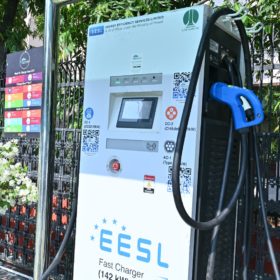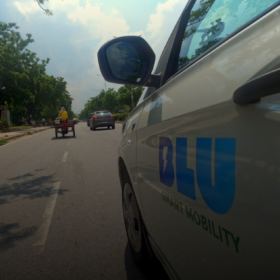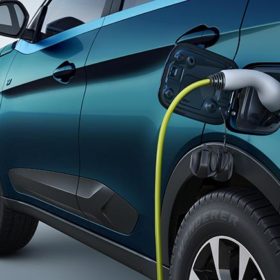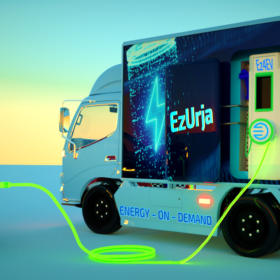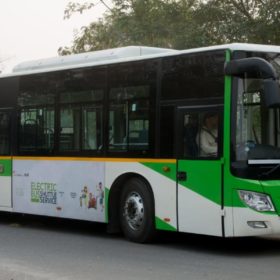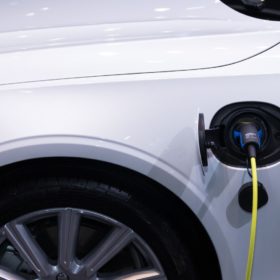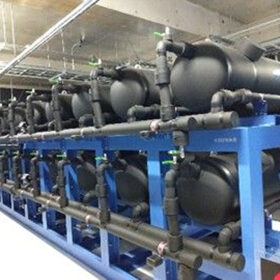Tata Power crosses 1,000 EV charging stations milestone
Tata Power has become India’s largest electric vehicle (EV) charging solutions provider with the deployment of over 1,000 EV charging stations in the public domain.
Enabling the transition to electric mobility
Parity in the total cost of ownership already exists for electric two-wheelers and three-wheelers (with subsidy) vis-à-vis their internal combustion engine counterparts. Policy impetus, coupled with the production-linked incentive (PLI) scheme for batteries and auto components (exclusively covering EVs), is likely to further reduce costs and accelerate the transition to electric vehicles (EVs). The transition will also open up the market for new-age companies and innovators across the value chain.
Magenta to deploy EV charging solutions in Delhi
Magenta, in collaboration with State power discom BSES, will deploy innovative EV charging solutions in the discom’s service area in Delhi. It will undertake the installation, operations and maintenance of EV charging solutions under the ChargeGrid brand.
Tata Power to install EV charging infrastructure for TVS Motor
TVS Motor has signed a memorandum of understanding with Tata Power to create a regular AC charging and a DC fast-charging network for its electric two-wheelers. The two companies will also explore opportunities to use solar energy to power select TVS Motor locations.
bp invests in electric mobility startup BluSmart
The venture capital arm of British energy company bp has invested $13 million in BluSmart in a $25 million Series A funding round. The investment will help BluSmart bring its electric vehicles and charging stations to five major cities.
Lodha partners Tata Power on EV charging infrastructure
Under the partnership, Tata Power will provide end-to-end electric vehicle (EV) charging solutions across Lodha Group’s residential and commercial projects in Mumbai Metropolitan Region (MMR) and Pune.
Ez4EV to deploy mobile charging stations for electric vehicles
The mobile electric vehicle chargers will be deployed in cities and highways across India, mitigating the range anxiety among electric vehicle (EV) owners. These are equipped with a range of slow and fast chargers to support two-wheelers to commercial vehicles to premium EVs.
EverSource-backed GreenCell to deploy 3,250 electric buses in three years
The company will initially launch 750 electric buses across key intercity and inter-state transit routes in Southern and Western India. To support the e-bus rollout, it is also building a captive charging infrastructure network across highways with 600 DC chargers of 180/240 kW capacity rating.
Residential PV makes EVs cheaper, reduces emissions
The maintenance cost of an electric vehicle is estimated to be significantly lower than internal combustion engines, and studies show home solar furthers the cost savings and boosts carbon emission reductions.
Electric vehicles account for 1% of overall vehicles annually sold in India
The government provides subsidy support under the Faster Adoption and Manufacturing of (Hybrid) and Electric Vehicles (FAME) scheme and reduced taxation rates to promote EV uptake in India. Purchase of 3,61,000 EVs with incentives cumulating to about INR 600 crore has been supported to date under the FAME Scheme.

